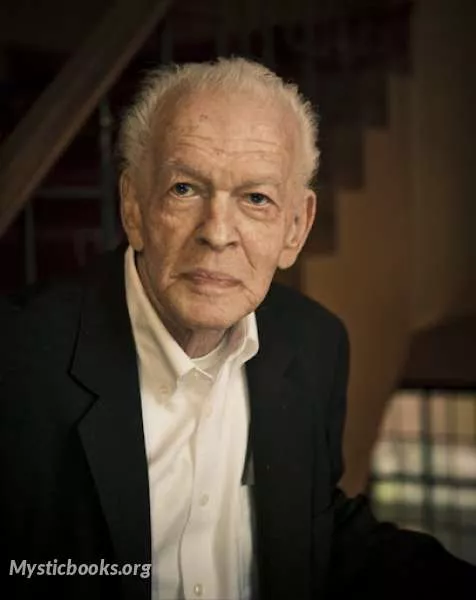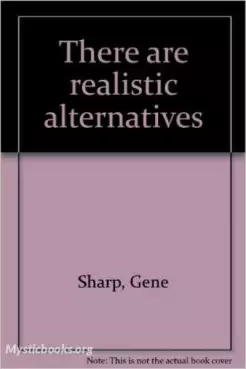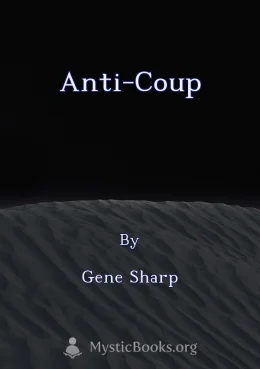
Timeline
Title
Country/Nationality
Gene Sharp
Gene Sharp was an American political scientist. He was the founder of the Albert Einstein Institution, a non-profit organization dedicated to advancing the study of nonviolent action, and professor of political science at the University of Massachusetts Dartmouth. He was known for his extensive writings on nonviolent struggle, which have influenced numerous anti-government resistance movements around the world. Unofficial sources have claimed that Sharp was nominated for the Nobel Peace Prize in 2015, and had previously been nominated three times, in 2009, 2012 and 2013. Sharp was widely considered the favorite for the 2012 award. In 2011, he was awarded the El-Hibri Peace Education Prize. In 2012, he was a recipient of the Right Livelihood Award for "developing and articulating the core principles and strategies of nonviolent resistance and supporting their practical implementation in conflict areas around the world", as well as the Distinguished Lifetime Democracy Award.
Sharp was born in North Baltimore, Ohio, the son of an itinerant Protestant minister. He received a Bachelor of Arts in Social Sciences in 1949 from Ohio State University, where he also received his Master of Arts in Sociology in 1951. In 1953–54, Sharp was jailed for nine months after protesting the conscription of soldiers for the Korean War. He discussed his decision to go to prison for his beliefs in letters to Albert Einstein, who wrote a foreword to his first book on Gandhi. He worked as factory laborer, guide to a blind social worker, and secretary to A. J. Muste, America's leading pacifist. Between 1955 and 1958, he was Assistant Editor of Peace News (London), the weekly pacifist newspaper from where he helped organize the 1958 Aldermaston March. The next two years he studied and researched in Oslo with Professor Arne Næss, who together with Johan Galtung drew extensively from Mohandas Gandhi's writings in developing the Satyagraha Norms. In 1968, he received a Doctor of Philosophy in political theory from Oxford University. Funding for Sharp's research at this time came from the DARPA project of the US Department of Defense.
Sharp was appointed a professor of political science at the University of Massachusetts Dartmouth in 1972. He held research appointments at Harvard University's Center for International Affairs from 1965. In 1983 he founded Harvard's Program on Nonviolent Sanctions in Conflict and Defense (PNS), which "continued in the spirit of its founder" and in 1995 was merged with another Harvard organization. In 1983 Sharp also founded the Albert Einstein Institution, a non-profit organization devoted to studies and promotion of the use of nonviolent action in conflicts worldwide. The Albert Einstein Institution has received funding from the Ford Foundation, the International Republican Institute and the National Endowment for Democracy, while some former directors have come from the RAND Corporation and the Ford Foundation. In 2004, the Albert Einstein Institution lost much of its funding (with income dropping from more than $1m a year to as little as $160,000), and from then on was run out of Sharp's home in East Boston, near Logan Airport.
Sharp died on January 28, 2018 at home in Boston, having just turned 90.
Books by Gene Sharp

There Are Realistic Alternatives
Violence in society and politics, whether in the form of war, terrorism, dictatorship, oppression, usurpation, or genocide, is widely recognized as a grave problem. The objective of this essay is to explore a different perspective on the nature of th...

From Dictatorship to Democracy
From Dictatorship to Democracy, A Conceptual Framework for Liberation is a book-length essay on the generic problem of how to destroy a dictatorship and to prevent the rise of a new one.

Anti-Coup
This book introduces an anti-coup policy for protection against political coups. It advocates for resisting coups using nonviolent methods of noncooperation and defiance. The book discusses the importance of denying putschists legitimacy and the role...